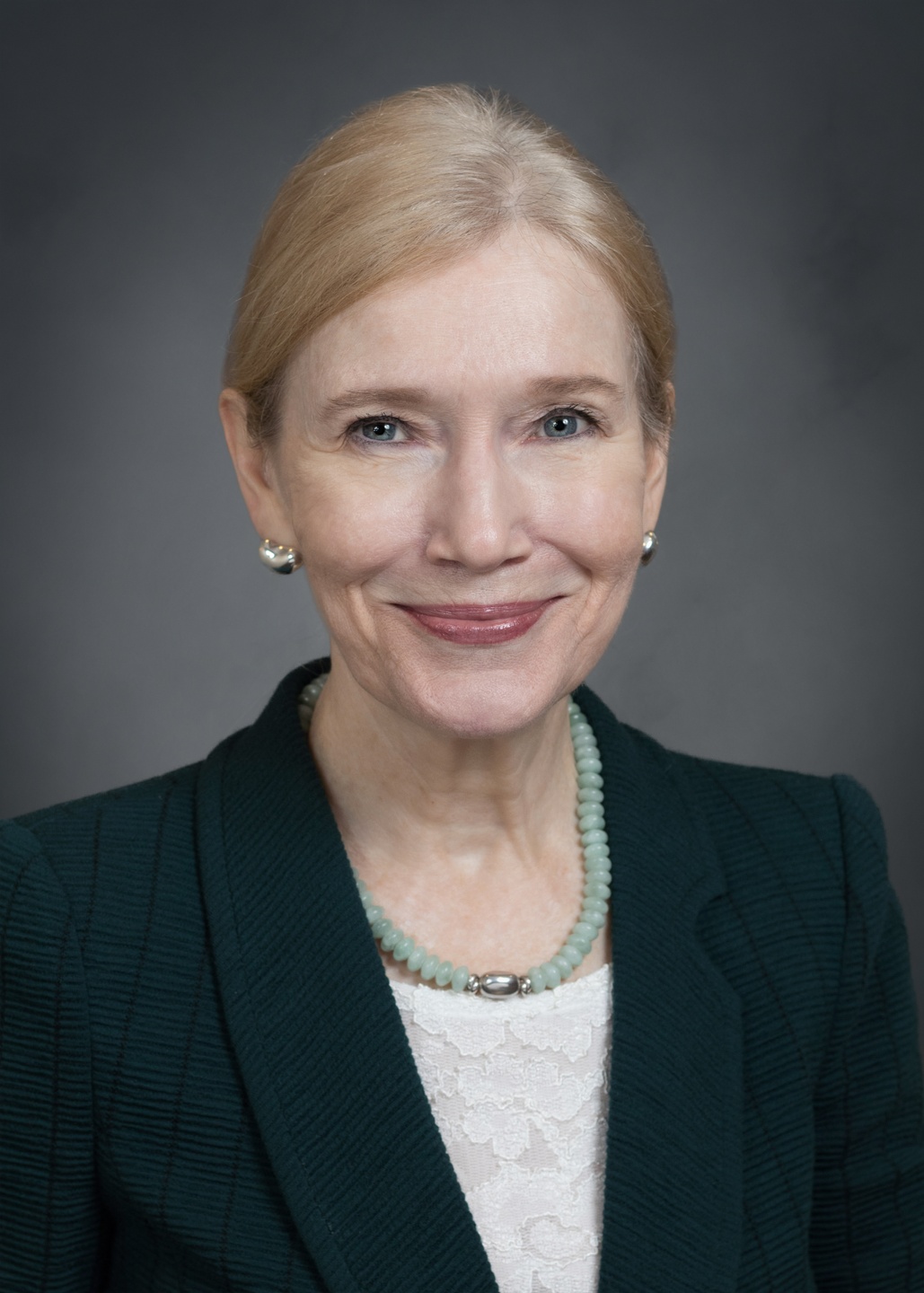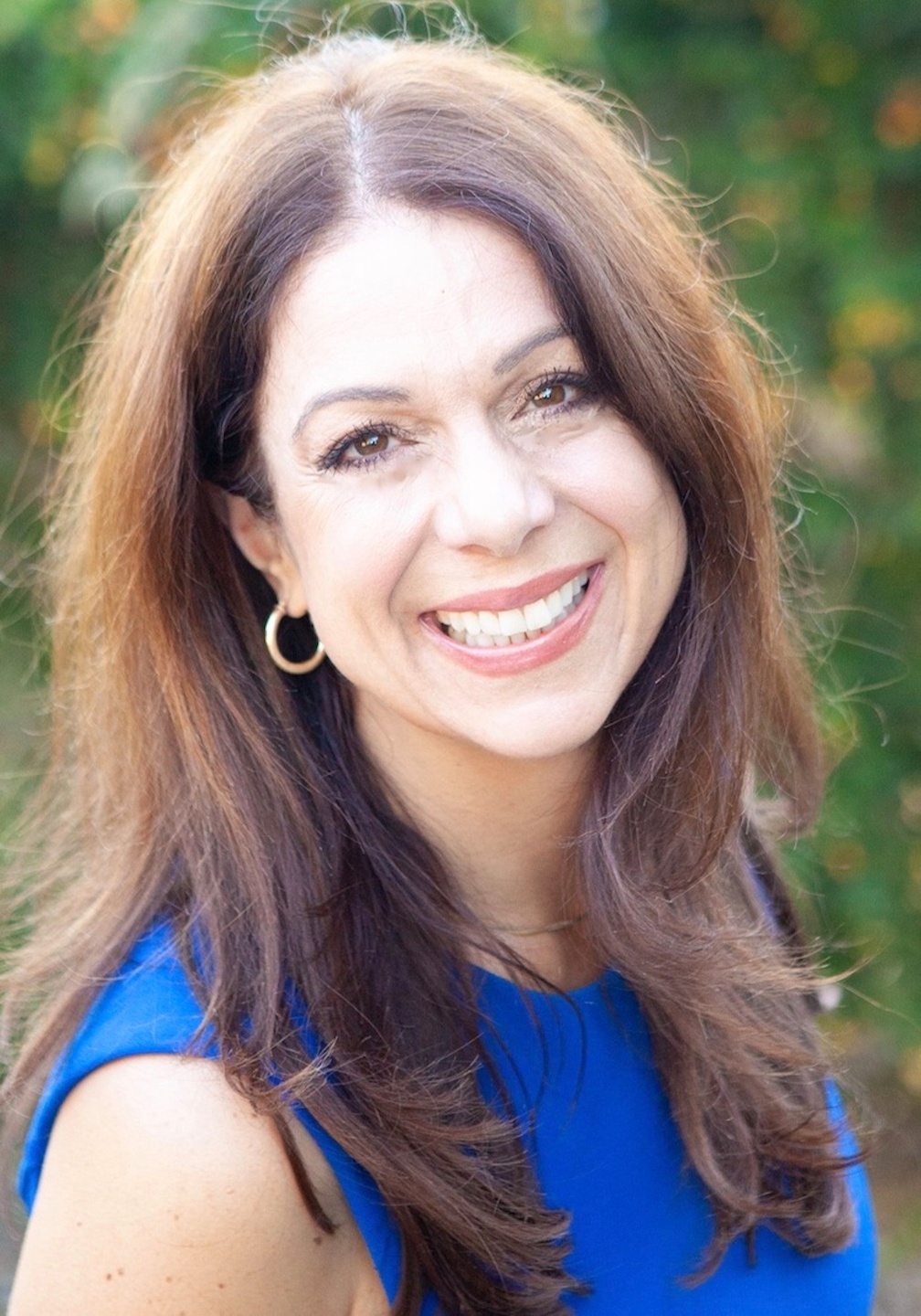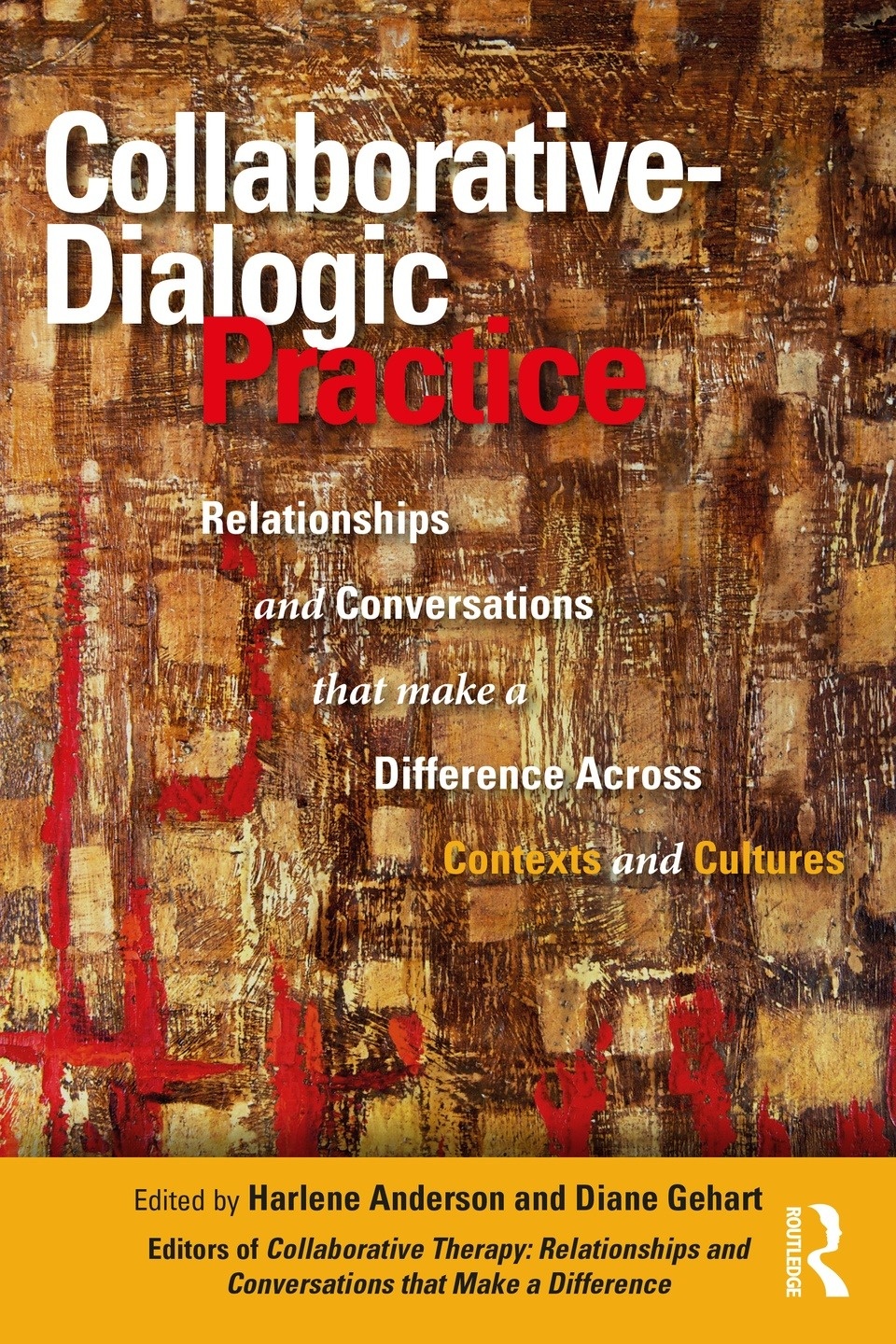Collaborative-Dialogic Practice
Relationships and Conversations that Make a Difference Across Contexts and Cultures
Edited by Harlene Anderson and Diane Gehart
Get Your Copy!
Available most anywhere you like to buy your books, including:

Spanish Edition
🎉 🎉 🎉
Edición en Español

Join editors Harlene Anderson and Diane Gehart along with:
- Carmen Meseguer, PhD, Translator of Spanish edition, Faculty, La Paz University Hospital, Madrid, Spain
- Rocio Chaveste, PhD, Founder, Faculty and Supervisor, Instituto Kanankil, Mérida, Yucatán, México
-
Maria Luisa Molina, PhD, Professor, Instituto Kanankil, Mérida, Yucatan, Mexico
-
Marilene A. Grandesso, PhD, INTERFACI – Family Couple and Individual Therapy Institute, Sao Paulo, Brazil
-
Adela G. García, MA, Centro de Estudios Sistémicos, Buenos Aires, Argentina
Watch the English Version of the Book Launch Symposium on YouTube: https://youtu.be/RMKKYFfSbKE
Watch the Spanish Version of the Book Launch Symposium on YouTube: https://youtu.be/DJM4nirSkbE
Purchase the Spanish Edition here | Compra la Edición en Español aquí
Purchase Spanish Edition | Compra la Edición en EspañolHave you ever wondered how to successfully communicate with someone who sees the world from an entirely different angle than you?
Whether you work in a boardroom, schoolroom, therapy room, or community organization, Collaborative-Dialogic Practice offers a humanizing approach to facilitating dialogues that make a difference in our fast-changing, diverse, and ever-shrinking world.
These practices encourage relationships and conversations that create a generative space and promote meaningful transformations, even in the most difficult situations. This approach involves an epistemological and mindset shift in how we think about ourselves, the people we meet, what we do together, and how we do it.
Grounded in social constructionism, the main feature of the practice, the philosophical stance, guides the professional in particular ways of being, talking, thinking, and acting with others.
Rather than assuming an expert position of authoritative knowledge, collaborative practitioners use curiosity, not-knowing, and uncertainty to engage others in meaningful dialogue that generates new understandings, informing future possibilities that were previously unimagined by either person alone.
Watch the Virtual Book Launch Symposium from October 2022:
Collaborative-Dialogic Practice Across Contexts and Cultures: Conversations with the Authors
Scroll Down or Click Here!Need CEs? Take the Course for $15
4.75 hours of continuing education hours are available for Counselors, Family Therapists, and Social Workers. Register for the course here.
Register for CE HoursThe Editors

Harlene Anderson, PhD
Co-founder and Board Member of The Taos Institute and Houston Galveston Institute; and Co-editor of Collaborative Therapy: Relationships and Conversations that Make a Difference (Routledge, 2006).

Diane Gehart, PhD
Professor, California State University, Northridge; Director, Institute for Therapy that Works; and Co-editor of Collaborative Therapy: Relationships and Conversations that Make a Difference (Routledge, 2006).
Contributors

Get Your Copy!
Available most anywhere you like to buy your books, including:
Collaborative-Dialogic Practice: International Symposium Conversations with the Authors
Chapter 1:
Conceptual Framework: Emerging Orienting Sensitivities for Relationships and Conversations that Invite Transformation and Possibility
Chapter 2:
Expressions of the Philosophical Stance: Creating Relational and Dialogic Space and Process for Generativity
Harlene Anderson
Introduction to the Book and Abstracts and Conversations for Chapter 1 & 2
From Symposium Day 1
Learn and Cite Chapter 1
Learn and Cite Chapter 2
Chapter 3:
A Relationally Responsive World: The Politics of Collaborative-Dialogic Practice
Saliha Bava
Video Abstract
Learn and Cite Chapter 3
Chapter 4:
Curiosity as Mindfulness Practice: Following the Moment-to-Moment Unfolding of Meaning Construction
Diane Gehart
Video Abstract
Learn and Cite Chapter 4
Chapter 5:
This Lovely Thing We Do Together: Collaborative-Dialogic Practice through a Literary Lens
Marsha McDonough
Video Abstract
Learn and Cite Chapter 5
Chapter 6:
Collaborative Practice in 21st-Century Healthcare
Jenny Speice & Susan McDaniel
Video Abstract
Learn and Cite Chapter 6
Chapter 7:
Community In Conversation: Generating Collaborative and Dialogic Conversations in Community Context
Adela G. Garcia & Marilene A. Grandesso
Video Abstract
Learn and Cite Chapter 7
Chapter 8:
Ancestral Knowledge and Collaborative-Dialogic Practices: A Generative Encounter
Rocio Chaveste & M.L. Papusa Molina
Video Abstract
Learn and Cite Chapter 8
Chapter 9:
Emotional Resilience and Collective Care in the Environmental Movement
Jakub Ceny, Lucia Cemova, & Martin Novak
Video Abstract
Learn and Cite Chapter 9
Chapter 10:
Learning Through Collaboration: Practices that Challenge our Tradition of Education
Sheila McNamee
Video Abstract
Learn and Cite Chapter 10
Chapter 11:
Collaborative Responses Within a School Community: Reflections from the Covid-19 Experience
Richard De La Cuadra & Sylvia London
Video Abstract
Learn and Cite Chapter 11
Chapter 12:
Collaborative-Dialogic Practices in Business Management: Transforming Local Communities Through Engaged Relationship
Irma Rodríguez, Sylvia London & Luis Olguín
Video Abstract
Learn and Cite Chapter 12
Chapter 13:
Merging Collaborative-Dialogic Practice within the Culture of an Internet Technology Company: Its Evolution Told through a Collection of Story Fragments
Gao Yun, Dolly Xie, HaiBo Zeng, and Harlene Anderson
Video Abstract
Conversation
Learn and Cite Chapter 13
Chapter 14:
From Mechanized Systems to Living Ecologies: WayFinding in Collaborative-Dialogic Research
Jan DeFehr
University of Winnipeg, Manitoba, Canada
Video Abstract
Learn and Cite Chapter 14
Chapter 15:
Everyday Living as Inspiration for Collaborative Practices
Dan Wulff & Sally St. George
Video Abstract
Learn and Cite Chapter 15

Get Your Copy!
Available most anywhere you like to buy your books, including:

